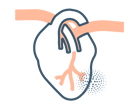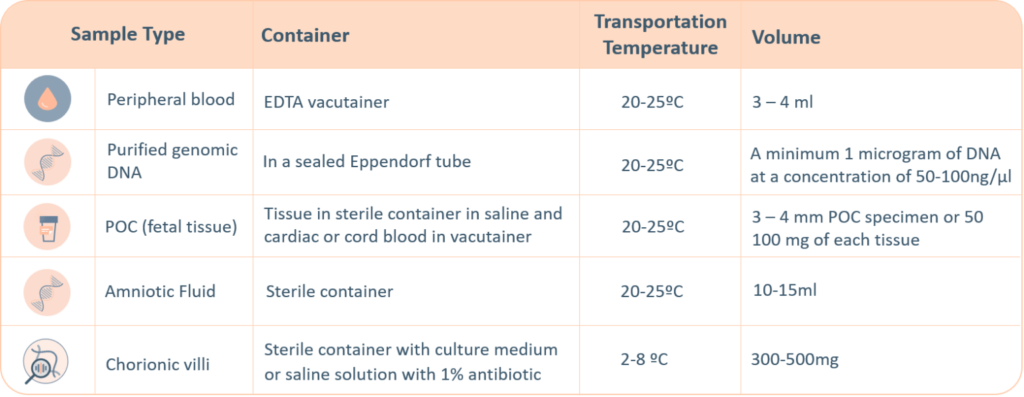- Cardiomyopathy is a group of conditions that make it difficult for the heart to pump blood to the rest of the body due to weakness in the heart muscles.
- These diseases affect individuals of all ages and can lead to heart failure and sudden cardiac death. If there is a family history of cardiomyopathy in the family then it is strongly recommended to get genetic testing in order to be aware of the familial risk, personal risk and treatment options.
- Most types of cardiomyopathy are inherited in a dominant manner, which means that one copy with a gene change is enough for the disease to present in an individual.
- The symptoms of cardiomyopathy are variable, and these diseases can present in different ways.
- The most common type of inherited cardiomyopathy is hypertrophic cardiomyopathy
Cardiology
Cardiomyopathy is a group of conditions that make it difficult for the heart to pump blood to the rest of the body due to weakness in the heart muscles.





